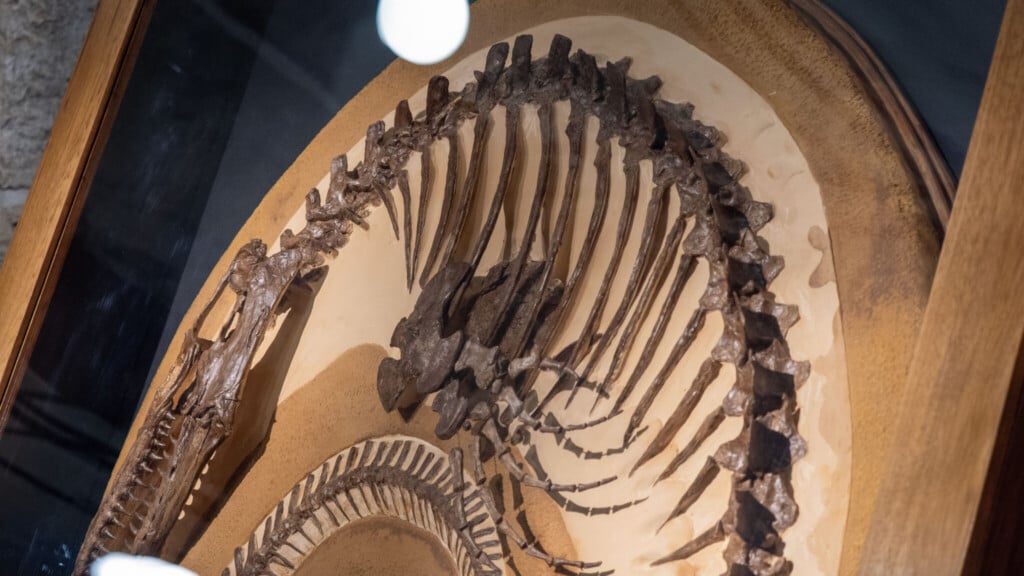Blind Boys of Alabama

In 1939, five students from the Talledega Institute for the Blind, led by the indomitable Clarence Fountain, began sneaking off to sing at a local military base as the Happyland Singers. By the ’50s, Fountain and his partners, by then known as the Original Five Blind Boys of Alabama, ranked among the most celebrated groups on the famed gospel highway, the church community’s equivalent of the chitlin’ circuit. They’ve been soldiering in the army of the Lord ever since, but that doesn’t mean they don’t sometimes sing the blues.
That’s what Spirit of the Century is about. The album takes place down at some crossroads outside of town, in those wee hours when Saturday night has yet to give way completely to Sunday morning. The most obvious example of this ecumenical approach comes when the Boys sing “Amazing Grace” to the tune of “House of the Rising Sun,” but they blend the sacred and the profane all along. Many numbers are religious here only because it’s the Blind Boys singing them (“Motherless Child,” for example, or their cover of Ben Harper’s “Give a Man a Home”), while others come from particularly irreligious sources (the Rolling Stones’ “Just Wanna See His Face”). This isn’t a gospel album so much as it is the sanctified blues.
Sanitized blues too. On Spirit of the Century, the Blind Boys’ glorious harmonies bend over and around slide guitars courtesy of David Lindley and John Hammond and harmonica by Charlie Musslewhite, plus drums and doghouse bass. This should’ve been good news. But Fountain, a bullhorn-voiced house wrecker who’s used to flying above far sparser accompaniment, feels muted by this lineup’s fussy, antiseptic version of the blues. Part of this might be because of Fountain’s own diminished capacities (he is in his 80s, after all) and part to the more blues-based songs he’s singing, which don’t demand the ecstatic release that comes with being possessed by the spirit. It’s the NPR-ready playing, though, that leaves the album so flat. Even so, Fountain’s moans and the strained leads and scuffed harmonies of original group members George Scott and Jimmy Carter remain undeniable. Fountain’s is a born-preacher’s voice, a charismatic, sandpapered growl. He’s frustratingly held down to earth here, but he’s such a great singer that even his whispers sound like a sinner on his knees in prayer.




